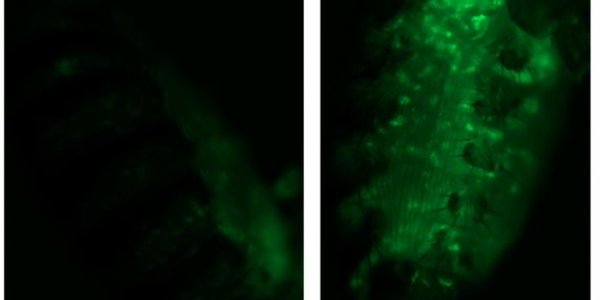Mental Fatigue May Be A Key Issue In Seniors' Walking Ability
Today at the American Physiological Society (APS) annual meeting at Experimental Biology 2018 in San Diego a group of scholars posited that low "mental energy" may affect walking patterns in older…






